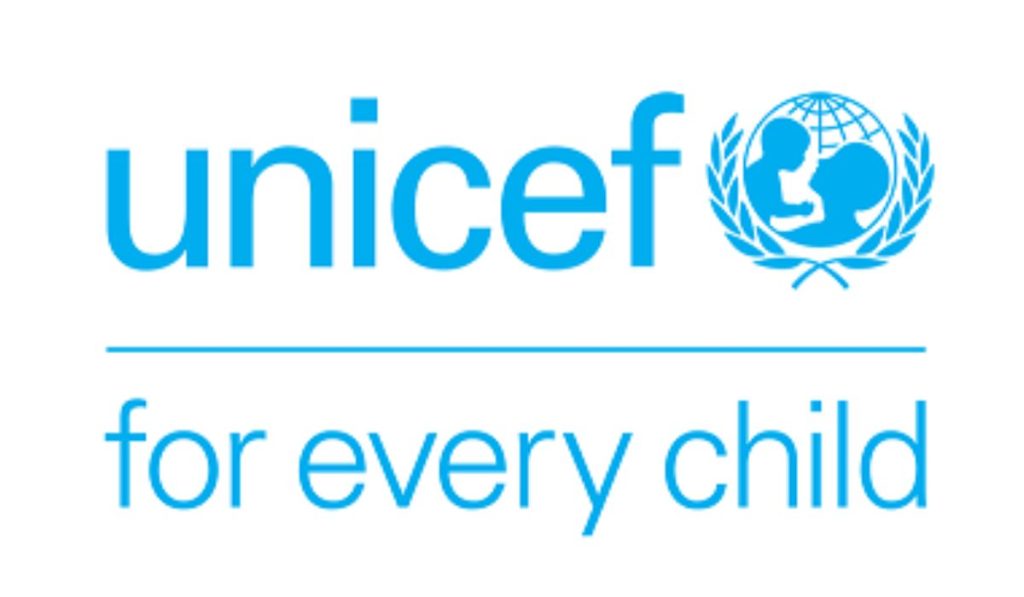
The United Nations Children’s Fund (UNICEF) is reinforcing its commitment to digital education in Bauchi State by expanding access to technology-driven learning in government schools. This initiative is part of UNICEF’s broader effort to bridge educational gaps and improve learning outcomes for Nigerian children.
UNICEF’s Education Specialist at the Bauchi Field Office, Abdulrahman Ado, highlighted the organization’s efforts during an engagement with journalists in Toro Local Government Area. He stated that UNICEF had supported 55 selected schools since 2022 by providing each with 22 tablets preloaded with the Nigeria Learning Passport (NLP), a digital platform offering foundational literacy, numeracy, life skills, and job-specific training. This intervention aims to enhance learning and mitigate the challenges posed by the shortage of qualified teachers.
Read also: UNICEF Raises Alarm Over Learning Poverty and Out-of-School Crisis in Northern Nigeria
Citing the Multiple Indicator Cluster Survey (MICS), Ado revealed that three out of four children in Nigeria cannot read with comprehension or solve basic mathematics problems. He emphasized that UNICEF’s approach to digital learning goes beyond technology adoption in classrooms, ensuring offline accessibility and integrating skills development for adolescents through appropriate and adaptable technology.
UNICEF has also called on the Bauchi State Government to strengthen IT infrastructure, enhance power supply, and ensure the security of digital devices in schools. Ado stressed the importance of training teachers and school administrators on Education Management Information Systems (EMIS) to ensure the effective implementation of digital learning tools.
Aisha Amin, Director of Planning, Research, and Statistics at the Bauchi State Ministry of Education, confirmed that the state government was in the final stages of training teachers and education officials on EMIS to improve data collection and school monitoring. She reiterated the government’s commitment to equipping teachers at all levels with the necessary digital skills.
Yakubu Gayawa, a principal at one of the benefiting Junior Secondary Schools in Magama-Gumau, expressed gratitude to the state government and UNICEF for their collaboration in strengthening education. He noted that the initiative was transforming learning experiences for students and fostering a more inclusive education system.
UNICEF’s intervention in Bauchi State underscores its dedication to ensuring that Nigerian children have access to quality education through technology. However, the sustainability of this initiative relies on continued investment in digital infrastructure, teacher training, and accessibility, reinforcing the need for stronger public-private partnerships in the education sector.
[give_form id="20698"]

